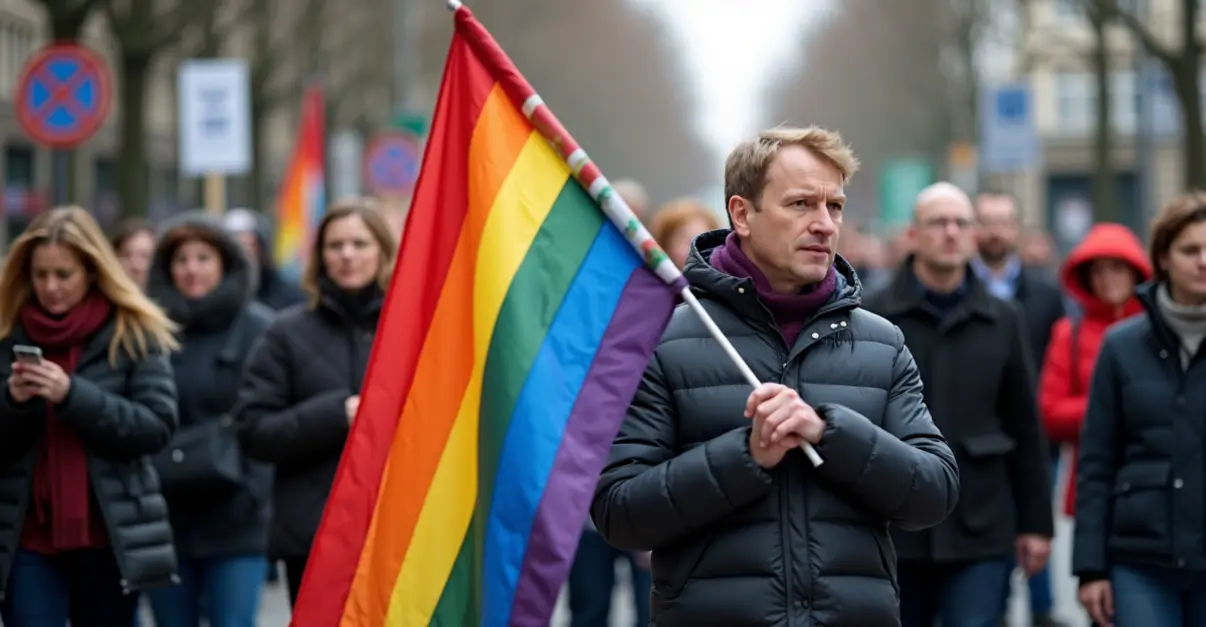Europe's Divided Landscape on Reproductive Rights
Abortion legislation across the European Union presents a stark contrast between some of the world's most progressive frameworks and some of the most restrictive. According to the Center for Reproductive Rights, only 34% of women of reproductive age globally live in countries where abortion is available to them, with backstreet abortions causing approximately 39,000 deaths annually.
Constitutional Protection: France and Spain Lead the Way
France made history in March 2024 by becoming the first country worldwide to explicitly guarantee abortion rights in its constitution. President Emmanuel Macron declared, 'This is French pride that sends a universal message. In Europe, nothing is set in stone any longer and everything has to be defended.' The constitutional amendment received overwhelming parliamentary support (780-72) and enjoys approximately 85% public approval.
Spain followed suit in October 2025, with the government proposing constitutional reform to protect abortion rights. As one government official stated, 'We must protect women from the reactionary wave and ensure reproductive rights are not privileges but fundamental public goods.' However, the initiative faces political hurdles, requiring a three-fifths majority in both parliamentary chambers.
Liberal Access Countries: Northern European Models
The Netherlands maintains one of Europe's most liberal abortion regimes, permitting termination up to 22-24 weeks with minimal procedural barriers. This makes the country a destination for cross-border abortion care. Sweden allows abortion on request up to 18 weeks without mandatory waiting periods, while Denmark, Finland, and Portugal offer varying gestational limits from 10-18 weeks.
Countries with Procedural Hurdles
Germany presents a complex case where abortion remains technically criminalized but not punishable within the first 12 weeks after mandatory counseling and a three-day waiting period. Access varies significantly by region, with southern states presenting greater challenges. As one German women's rights advocate noted, 'The regional disparities in access create a postcode lottery for women's healthcare.'
Ireland, once a bastion of Catholic restrictions, legalized abortion in 2018 following a landmark referendum. However, many countries including Austria, Czech Republic, and several Eastern European nations maintain various procedural requirements that can limit practical access.
Conscientious Objection and Access Barriers
Italy faces significant access challenges despite legal abortion up to 12 weeks, with 63-80% of gynecologists refusing procedures on conscientious grounds. Croatian women encounter similar obstacles, where many public hospitals have no doctors willing to perform abortions. As Italian bioethicist Chiara Lalli emphasized, 'We must stop treating abortion only as a moral dilemma. Voluntary termination of pregnancy is first and foremost a medical service.'
Most Restrictive Regimes: Malta and Poland
Malta maintains Europe's strictest abortion laws, criminalizing all terminations except when the mother's life is endangered. The country tightened its rules in 2023 despite widespread protests. Poland follows closely, having restricted abortion rights in January 2021 by removing the possibility of termination due to fetal defects. Currently, abortion is legal only when pregnancy threatens the woman's life or results from criminal acts.
European Citizens Initiative: My Voice, My Choice
In a historic development, the My Voice, My Choice European Citizens' Initiative collected 1,124,513 verified signatures by September 2025, demanding EU financial support for safe abortion access. This marks the first time reproductive rights will be formally addressed through this direct democratic tool. As campaign organizers stated, 'Over 20 million women in the EU lack access to safe abortion care. This is not just a women's issue but a fundamental human rights concern affecting millions.'
The Road Ahead
The European Parliament has called for including abortion rights in the EU Charter of Fundamental Rights, though this requires unanimous member state agreement. The European Commission must respond to the citizens' initiative by March 2026. As the debate continues, Europe remains divided between progressive constitutional protections and restrictive regimes, reflecting broader societal values and political ideologies across the continent.

 Nederlands
Nederlands
 English
English
 Deutsch
Deutsch
 Français
Français
 Español
Español
 Português
Português










